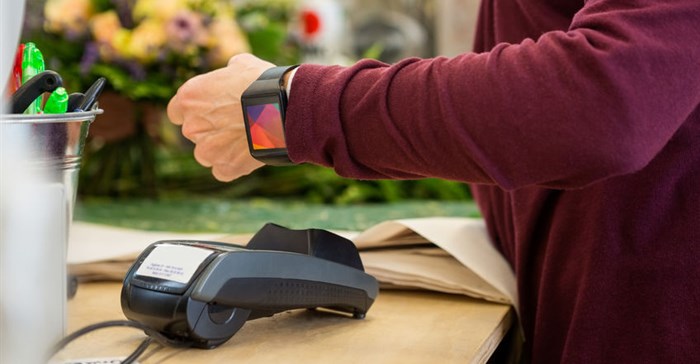
Top stories






More news


Marketing & Media
Ads are coming to AI. Does that really have to be such a bad thing?














That is according to Ernst Wittmann, regional manager for Southern Africa at Alcatel. He says that with the cost and size of processors and sensors shrinking, more and more devices will be connected to the internet in the years to come – from wearable computers, cars and fridges to manufacturing equipment, drones and office security systems, thermostats and lighting.
Market researcher IDC predicts that the installed base of Internet of Things endpoints will grow from less than 13 billion units at the end of 2015 to 30 billion by 2020. “This represents a major change in the market,” says Wittman. “Small companies have an opportunity to selectively use the technology to improve productivity and serve their customers better.”
The Internet of Things sees everyday devices equipped with sensors that allow them to monitor themselves and their environment, for example gathering data about location, temperature, and operational status. These devices can take automated actions based on the information they gather – for example, an overheating machine in a factory might alert a foreman with a text message or sensors in a shop could trigger a request for stock as a shelf empties.
Or agribusinesses can use environmental sensors to measure air and soil temperature, wind speed, humidity, solar radiation, rainfall and leaf wetness. Even in service industries, we’re seeing applications such as the use of a smart NFC tag on a legal document so someone can verify its authenticity with a smartphone.
“Small businesses will be able to automate many processes so that they can save money and focus on adding value to their customers,” says Wittmann.
“For example, they will not need to spend as much effort on machine maintenance or checking inventory levels as they used to. They will also have access to data that will help them improve productivity, reliability of their equipment or customer service.”
Wittmann says that many connected devices are already making a difference for smaller businesses – for instance, affordable mobile point of sale devices enable plumbers, electricians and other mobile traders to take card payments and give many small retailers the ability to accept cards. In future, small merchants might be able to use smart beacons to track customers in-store so that they can optimise the layout of their stores.
And in fleet management, some small businesses already use vehicle telematics to track the location of their trucks or delivery vehicles, driver behaviour (speeding, breaking etc.), and route efficiency. In future, they may also track maintenance data like tyre wear, coolant temperature and carbon emissions.
In addition to its internal uses, the Internet of Things may create some exciting entrepreneurial opportunities, Wittmann says. There are already entrepreneurs that use drones to map mines and construction sites for corporate customers; there’s also exciting possibilities in helping homes or offices to install smart building technology.
Says Wittmann: “Many technologies that once existed only in science fiction are now affordable and accessible to small businesses. Though the Internet of Things is still in its infancy, small businesses should be evaluating where connected devices – be they smart building tech or connected cars – can help them save time and money.”